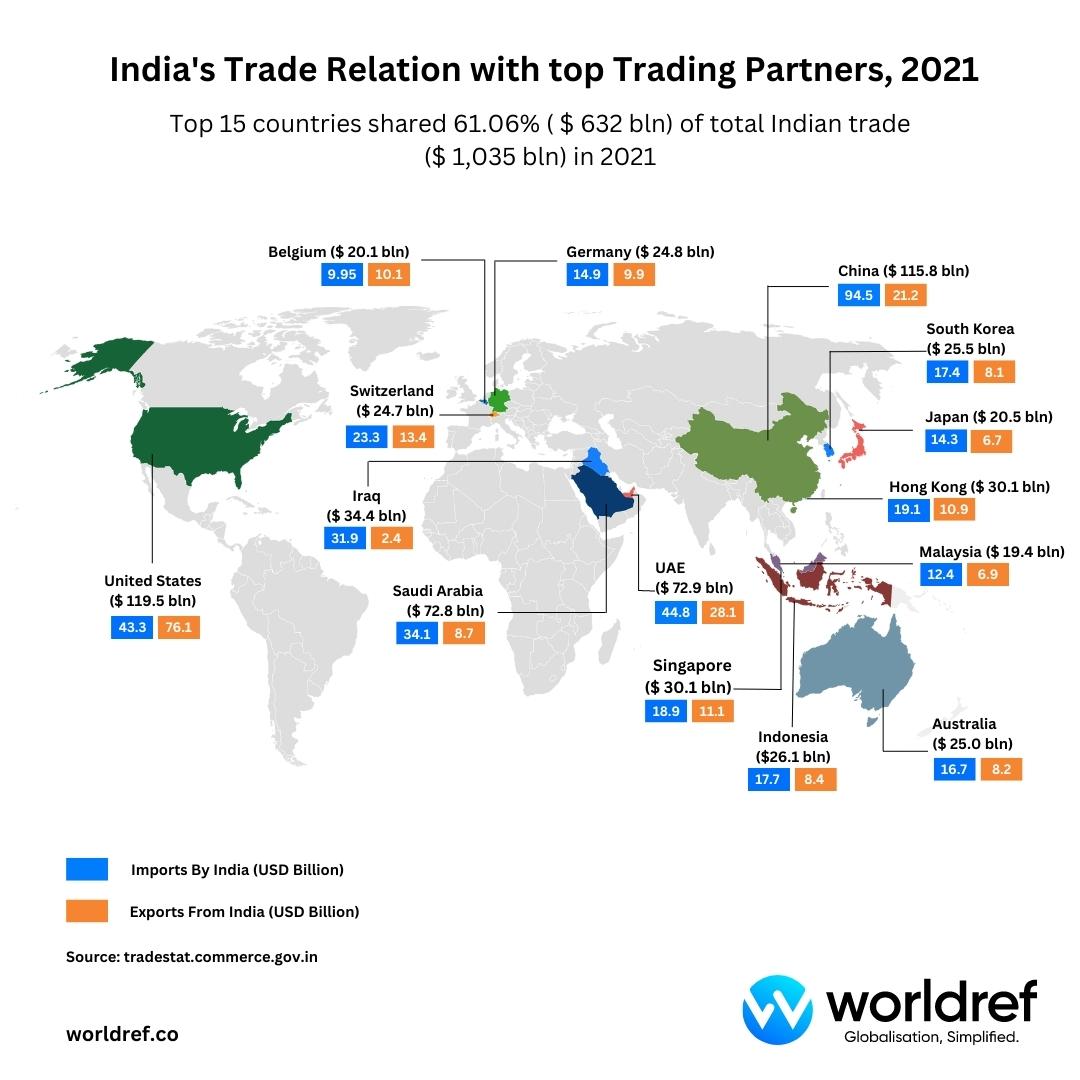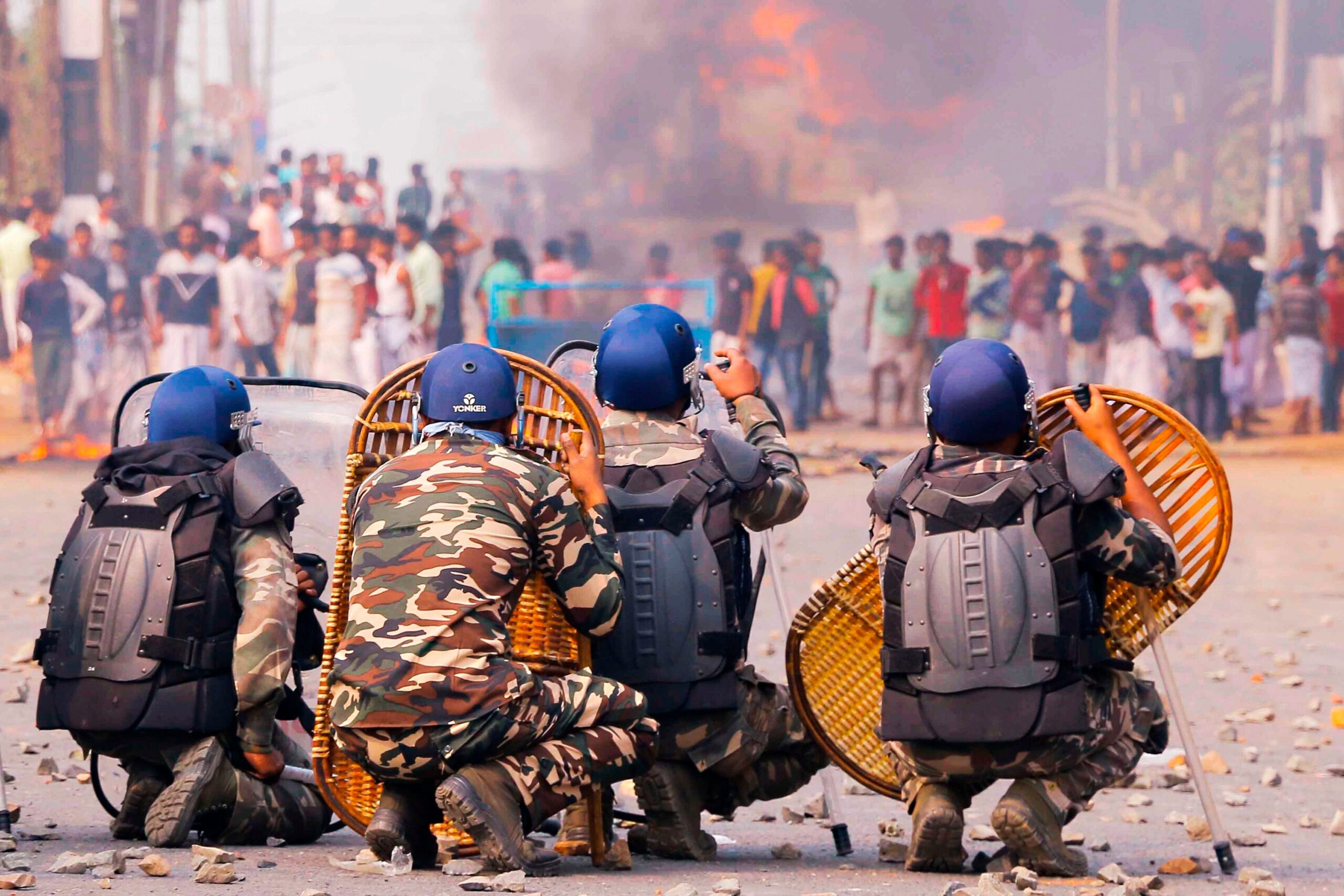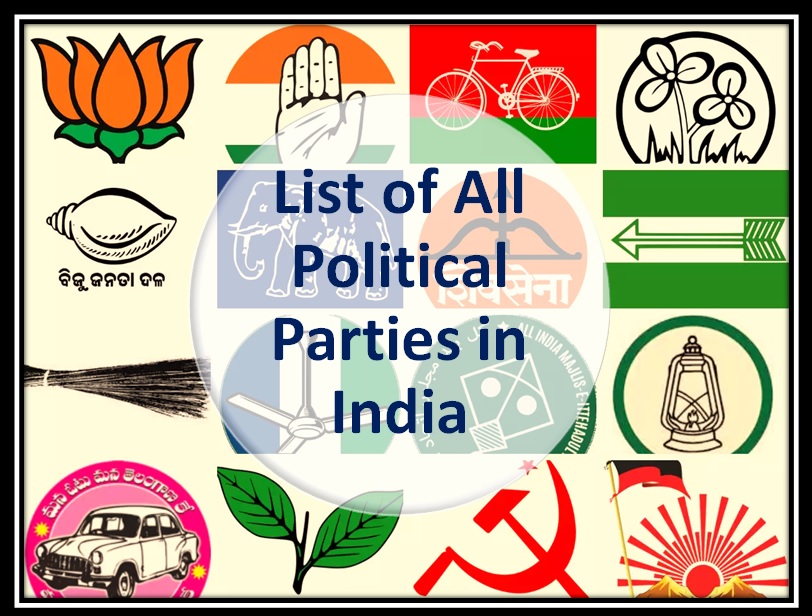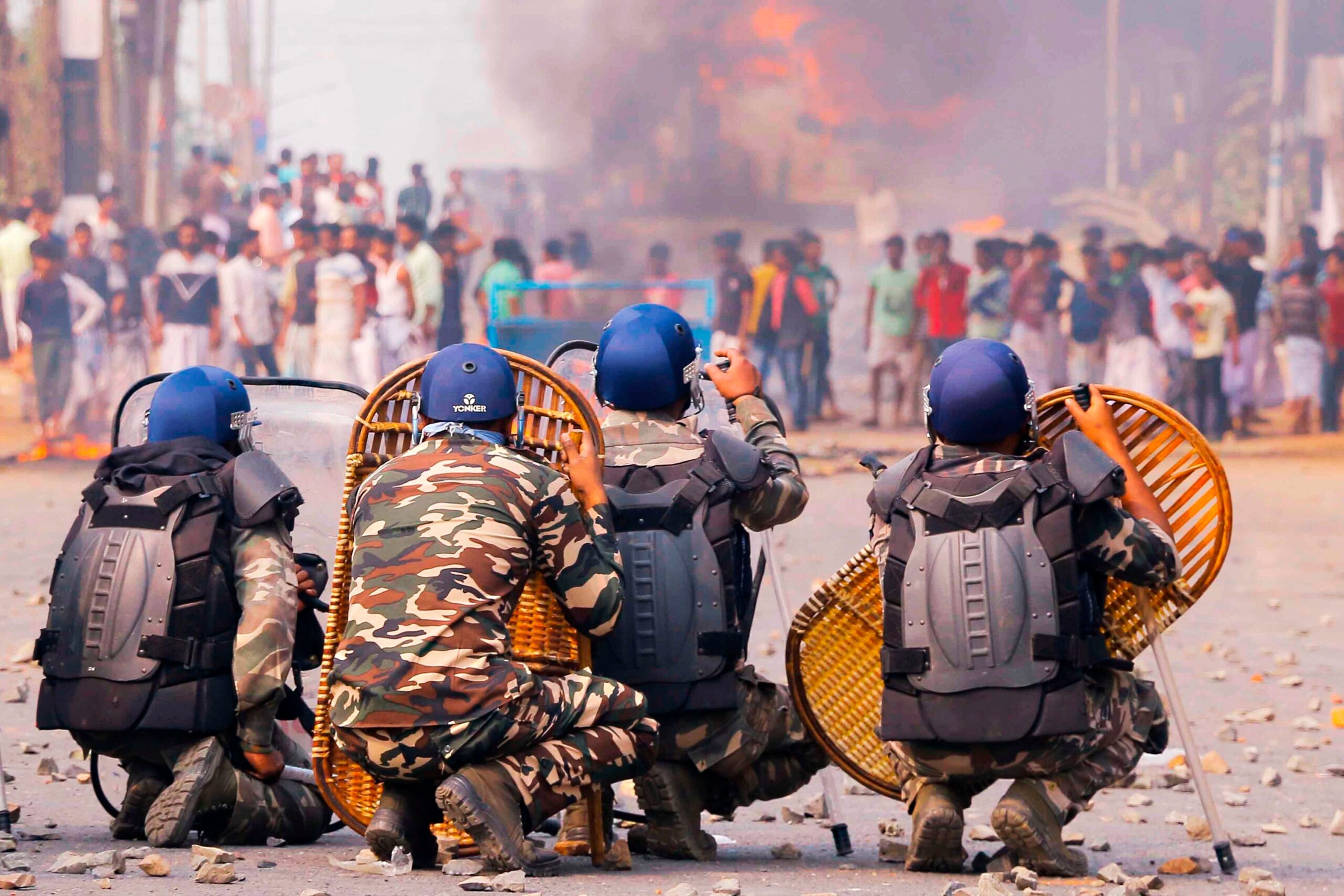
Introduction: Trump’s Tariffs
In a strategic move that has surprised many, India has decided not to retaliate against the recent tariffs imposed by the Trump administration. This decision comes as trade deal negotiations between the two nations show signs of progress. Experts suggest that India’s choice to hold fire could serve as a tactical pause, allowing diplomats to focus on advancing trade talks amidst a global market shake-up.
What Happened
The Trump administration announced new tariffs that have sent shockwaves through global markets. Countries worldwide are reacting, with some opting for countermeasures. However, India, along with nations like Taiwan and Indonesia, has chosen not to engage in a tit-for-tat tariff battle. Sources close to the Indian government indicate that ongoing trade discussions with the United States are a priority, and India hopes for a constructive dialogue rather than immediate retaliation. Meanwhile, the European Commission has prepared to impose additional duties on US products in response to these tariffs, following China’s lead.
Social Media Buzz
Social media platforms are abuzz with discussions about India’s unexpected stance. Many users are debating the potential long-term benefits of this diplomatic approach. Hashtags such as #IndiaTradeTalks and #GlobalMarkets have been trending, with users expressing a mix of skepticism and optimism. Some netizens appreciate India’s focus on trade talks, while others question the lack of immediate action.
Impact & Insights
The impact of India’s decision not to retaliate against Trump’s tariffs is multifaceted. Economically, this move might stabilize relations between the two nations, potentially leading to more favorable trade terms. Politically, it positions India as a nation prioritizing dialogue over confrontation, which could enhance its standing on the global stage. The Indian economy, already one of the fastest-growing in the world, could benefit from an eventual trade deal that opens up US markets even further. By not rushing into counter tariffs, India maintains an air of calculated diplomacy, which could set a precedent for how developing nations handle similar situations.
Looking Ahead
As India continues to focus on advancing trade talks, the world will be watching closely to see how these discussions unfold. The prospect of a mutually beneficial trade agreement remains a possibility, and India’s restraint in the face of Trump’s tariffs could lead to a more balanced relationship with the US. By prioritizing negotiation, India positions itself as a key player in global trade dynamics, navigating through the complexities of international relations with poise.
This isn’t the first time India has opted for a diplomatic approach in international trade disputes. In past incidents, such as during the US-China trade war, India has often chosen to strengthen its economic ties through dialogue rather than confrontation. For further reading, consider exploring how India’s trade strategies have evolved in response to global economic challenges.



